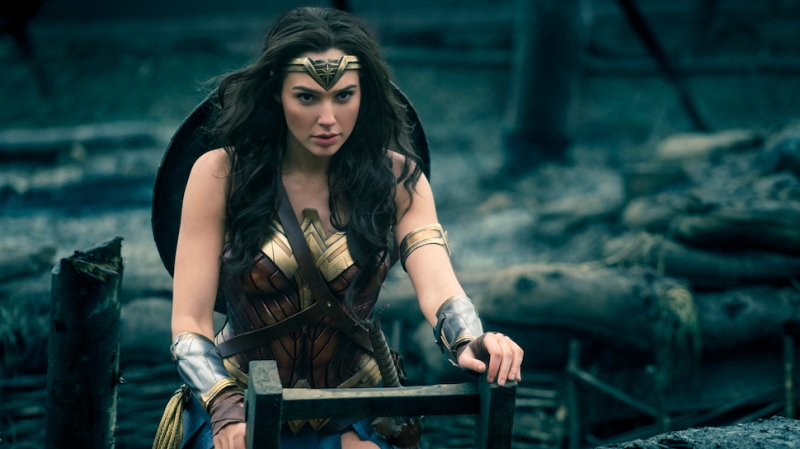
One of the sub-plots of the recent General Election was the discomfort of Liberal Democrat leader Tim Farron any time he was asked about LGBT issues. It reached its endpoint today with his resignation. In an e-mail to party members he reported that:
To be a political leader – especially of a progressive, liberal party in 2017 – and to live as a committed Christian, to hold faithfully to the Bible’s teaching, has felt impossible for me.
I wrote back before his election as leader, that there were issues when Farron’s faith became politically relevant. Nonetheless, I would still endorse Jennie Rigg’s defence of his actions as a public servant. I also share Isabel Hardman and Nick Cohen‘s sense that there’s something (ironically) retrograde about our unwillingness to let a man’s private thoughts stay private.
I would also stand by his performance as leader more generally.
In many ways, he became leader at the wrong moment. A personable northern bloke in a wax jacket representing a farming constituency in the Lakes who had stayed aloof from the coalition, would have been the perfect antidote to Nick Clegg in 2015. Likewise, he would have worked well in a 1997esque period of progressive harmony, in which the Party’s ambition was to defeat the Tories in individual constituencies where Labour would fear to tread. But as an alternative-alternative Prime Minister in place of the (apparently) doomed Corbyn, or as a spokesperson for upmarket remain voters? For that we needed someone urbane, a bit posh, someone who’d have convivial lunches with Times opinion columnists and get puffy columns in return, basically an Emmanuel Macron from Southwark, or a Nick Clegg from an alternative dimension where the coalition never happened.
Both of those figures being figments of my imagination, Tim Farron stepped up and, while not ideal, still made a series of broadly correct decisions. He realised we needed a clear answer on Brexit. And that we continued to need it after the vote. That decision allowed the party to (modestly, electorally and in the short term) co-exist with a Corbynism that proved to be much stronger than we imagined. Angry remainers gave both Labour and the Lib Dems opportunities to make gains off the Tories. It will also – I hope – ultimately serve to solidify the party’s identity.
Nonetheless, he still had to go. I say that regretfully and as a matter of political calculation, rather than convicition. The reason is not Farron’s views. It’s not even their potential unpopularity. They did not represent some huge inundation that would sink HMS Lib Dem, but an ongoing problem that would have required the leader and his followers to be constantly bailing out water. Using up energy that might carry the party forward to stop it sinking, is not something a party with as many head-winds as the Lib Dems could afford.
It might have been different if Farron had been more assured in his stances, but as his resignation email made clear, he was wrestling with internal conflicts. Indeed, let’s be honest, the interviews he was giving before the election made that pretty clear too. It is hard to watch them and conclude that Farron was ever going to find a stance from which he could have dodged, repeled or absorbed those questions. Had he stayed on as leader, he would have been signing himself, and the party, up, for an ongoing beating. His decision to forestall that was correct.

